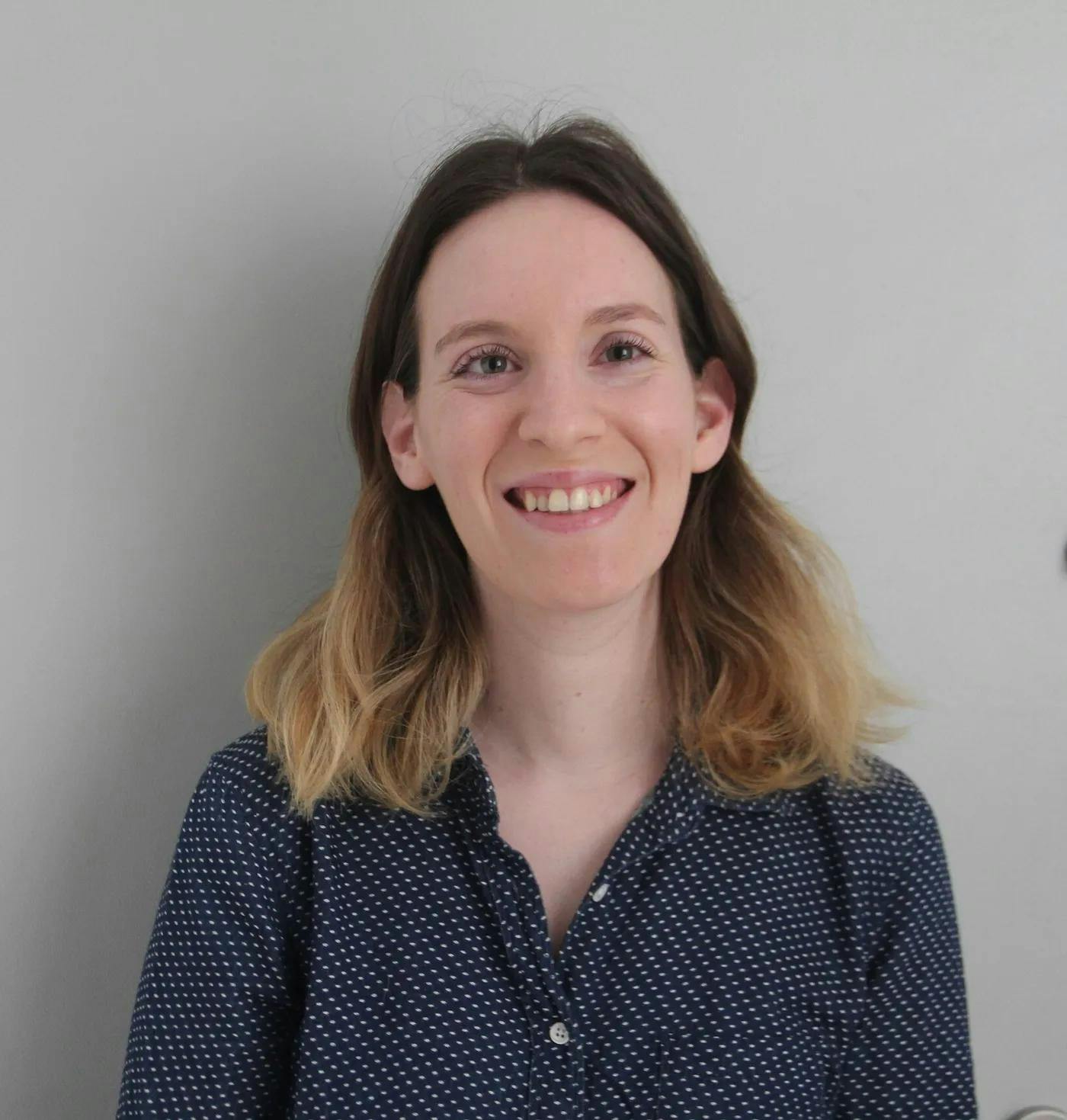Sleep patterns tend to change as you get older. And, as the US elderly population is expected to triple by 2100, it’s more important than ever to understand the power of sleep as we age. The Sleep Foundation argues that as almost one-third of our lives is spent asleep, it’s never been more vital to understand the relationship between the two.
Sleep is a fundamental part of the overall health of the elderly. This post will outline why sleep changes with age, how aging affects sleep, the common sleep issues in seniors, and tips for a better nights’ sleep.
Why Does Sleep Change with Age?
Sleep changes as we age due to disruptions in our circadian rhythms. Our daily cycles are controlled by the suprachiasmatic nucleus (SCN). You can think of it as the master clock of our bodies. As this SCN ages, we have a disrupted cycle, meaning that people can feel more tired or more alert, depending on how it affects them.
Older people spend less time outside, as they’re more confined to their homes, and their exposure to natural light is limited. On average, older people get around one hour of natural sunlight per day. This lack of sunlight can affect the production of hormones like melatonin, which is our effective sleep hormone.
How Does Aging Affect Sleep?
There are several common sleep disturbances in older adults. These include:
- A shifting sleep schedule due to a change in the circadian rhythm, as we wrote about above.
- Daytime napping. While a short nap can be beneficial to productivity, extended naps during the day can make it hard to fall asleep at night and impact the quality of our sleep.
- Waking up at night is a common complaint amongst older adults. As people age, they tend to have less deep sleep, which means they are more susceptible to waking up at night.
What are Common Sleep Issues in Seniors?
It’s estimated that between 40% and 70% of elderly adults have chronic sleep issues. These sleep problems can impact daily routines and the quality of life. These issues include:
- Pain can lead to a lack of rest in the elderly. While you need sleep to recover from pain, it is often hard to sleep with the pain. We recommend speaking to your doctor if you continue to suffer.
- Nighttime urination increases with age because of physical changes in the urination system. This issue affects up to 80% of older adults.
- Insomnia is one of the most common sleep issues in the elderly: it’s the persistent difficulty falling and staying asleep.
- Daytime drowsiness can turn a simple, quick nap into a full-on slumber. This might be indicative of other issues, so if you are extremely fatigued during the day, it might be best to speak to your doctor.
Tips For A Better Night’s Sleep
You can improve your sleep quality at any age. By developing habits that will enhance sleep hygiene, you’ll be able to sleep better and for longer. We recommend the following sleep tips for older adults:
- Exercise during the day. This doesn’t have to be anything strenuous, but you’ll feel better for getting your body moving during the day.
- Avoid caffeine and other stimulants at least four hours before bedtime.
- Stick to a regular sleep schedule, even on weekends. Try and maintain a similar bedtime and wake-up time every single day.
- Develop a bedtime routine - this could be a bath, reading a book, and finding quiet time before heading to sleep.
There’s no doubt that sleep can be affected by age. However, it is still possible to create a healthy sleep schedule that will benefit our quality of life, even as we enter the golden years. Sleep should always be prioritized, no matter how old you are!






